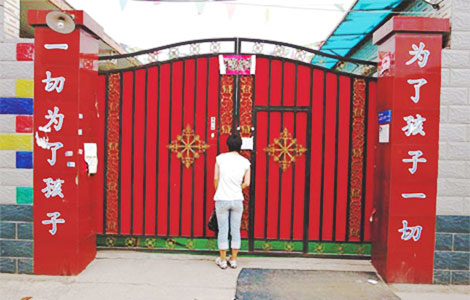Education equality
Updated: 2011-08-23 07:25
(China Daily)
|
|||||||||||
For the first time in a decade, the number?of students from rural areas attending the China Agricultural University (CAU) has dropped to below 30 percent of its enrollment. This is a clear sign that increasingly less rural kids will have the chance to pursue a better life by receiving college education.
Premier Wen Jiabao said in 2009 that when he was at university 80 percent of his classmates were from rural areas but the percentage has dropped considerably since then. The premier said this was of great concern.
Statistics also indicate that the better the university, the fewer students from rural areas it enrols. Research in 2009 showed that on average rural students made up 50 percent of the total number of students on campus, but the percentage dropped to around 30 percent at prestigious universities.
Of all the key universities, CAU has had the highest percentage of rural students over the past decade. But the percentage of rural students at CAU dropped from 39 percent in 2001 to 31 percent in 2007 and fell to 28 percent this year, the lowest in history.
In the country's prestigious university Tsinghua, the number of rural students is about 14 percent this year.
With the rural population still making up more than 50 percent of the total population, the low percentage of rural students attending key universities reveals the gap in education quality between urban and rural areas.
Some experts say that the repeated changes that have been made to the content of examinations are actually in favor of urban students who enjoy much better education resources. For example, oral English examinations are unfair to rural students who have less access to good English teachers.
A better university means a better chance of landing a good job after graduation. Fewer chances of entering prestigious institutions of higher learning place students from rural areas in a disadvantaged position in competition with their urban counterparts in almost every field.
Those who graduate from third-grade universities are in a very awkward situation - there is little chance of landing an attractive job, or sometimes any job, and they are often reluctant to return to where they come from as their rural peers who went into business instead of going to university may have already made a lot of money.
What is even more worrying is the possibility that an increasing number of rural kids will choose not to receive higher education because the cost has little hope of return without a proper job after graduation.
Improving primary and high school education in rural areas and offering more financial support so that poor rural students can finish their higher education should be a top priority for the education authorities.
(China Daily 08/23/2011 page8)




